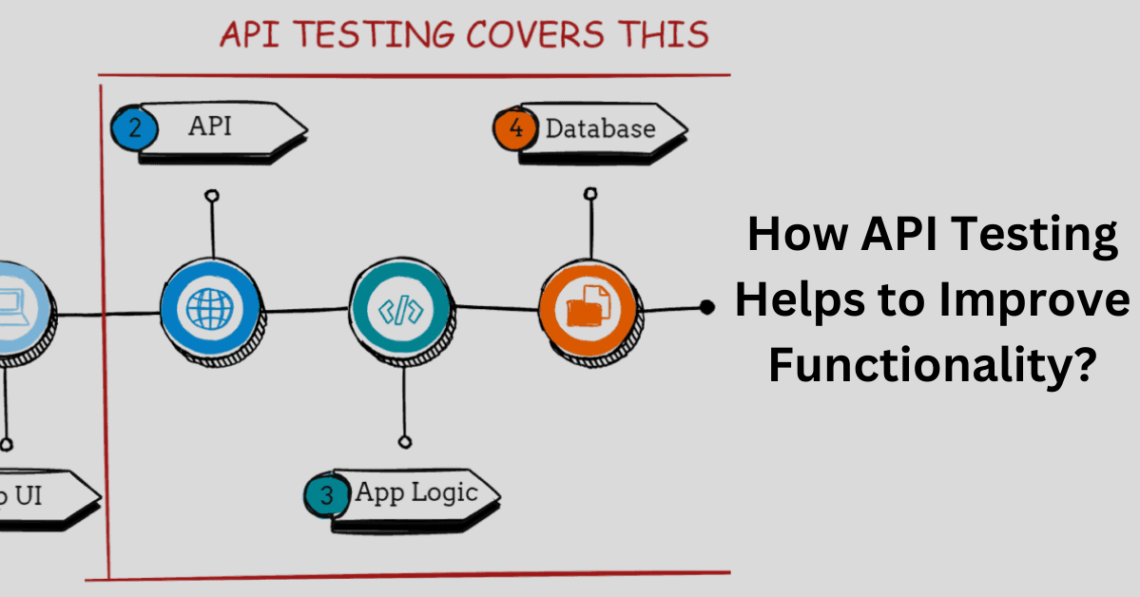
How API Testing Helps to Improve Functionality?
The ability of application programming interfaces to foster communication across various systems and applications has made them an essential component of application development.
The development of microservices architecture has increased the importance of APIs in tying together various application components.
However, in order for APIs to function without the hitch and deliver a great user experience, they must be thoroughly tested. API Testing aids in enhancing the functionality of apps by identifying flaws and issues in the APIs.
What is API Testing?
APIs are validated during API testing to make sure they are operating as intended. APIs allow various applications and systems to communicate with one another.
Making calls to API endpoints along with checking the results against predetermined criteria constitute API testing.
Aspects including response codes as well as payloads, error-handling capacity, authentication and authorization security, and performance under different loads are all examined.
The aim is to find any errors, flaws, or strange behaviour in the APIs. Usually, API testing tools are used for this, as they can automatically perform HTTP queries and validate replies without the need for human participation.
Before they are made available for integration and usage, API testing helps APIs become more reliable and of higher quality.
How Does it Help Improve Functionality?
The following crucial ways that API testing enhances an application’s functionality:
1. Identifies Bugs Early
When APIs are tested from the beginning of development, it helps uncover bugs, defects or unexpected behaviours at an early stage.
This makes it easier to fix issues before development is complete. Early testing saves significant debugging efforts later.
2. Ensures Expected Behavior
Testing APIs against specifications validates that the APIs are processing and responding to requests as intended. It confirms that the APIs are meeting the functional requirements. Any deviations in behavior are caught which may otherwise impact downstream functionality.
3. Improves Reliability
Stress testing and performance testing APIs help determine how they will behave when exposed to heavy loads and unexpected conditions. Issues around concurrency, response times and error handling are identified, improving the reliability of APIs.
4. Enhances Security
Testing authentication, authorization and input validation mechanisms verifies that the APIs cannot be accessed without proper credentials. It also checks if the APIs are secure against different threats like SQL injection, cross-site scripting etc.
5. Facilitates Reusability
APIs that have been thoroughly tested and exhibit predictable behavior can be reused across multiple clients and integrated with different applications easily. This is because the tested APIs are stable and their functionality does not change unexpectedly. This quality of tested APIs facilitates their reusability in multiple systems.
6. Simplifies Maintenance
Regression testing APIs during maintenance activities ensures that new changes or updates have not impacted the existing functionality in any way. It eases the process of updating APIs.
Conclusion
Automated API Testing is essential for building robust and high-quality applications. It helps deliver stable, secure, performant and reliable APIs that form the backbone of any application. By identifying issues proactively, API testing helps improve the overall functionality of applications and creates a positive user experience
You May Also Like

wellhealthorganic.com:vitamin-e-health-benefits-and-nutritional-sources
May 26, 2023
Myrtle Gonzalez: The Trailblazing Latina Silent Film Star
November 20, 2023

